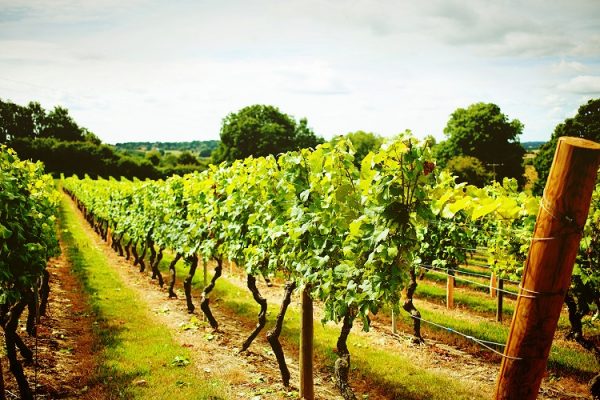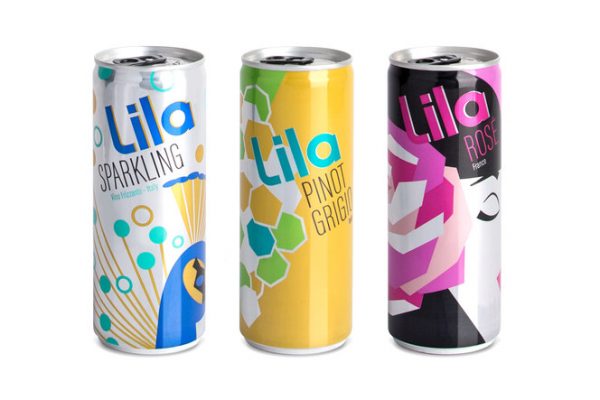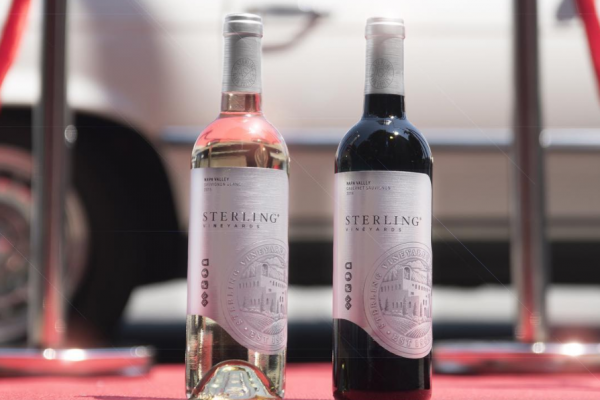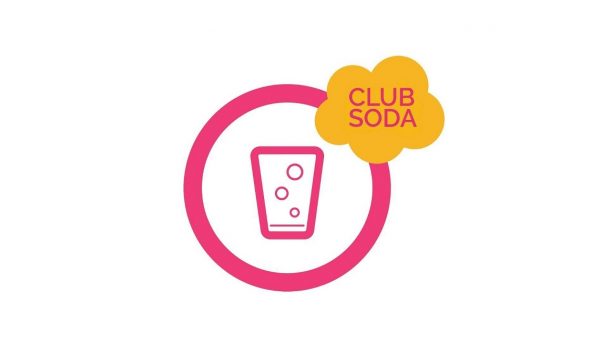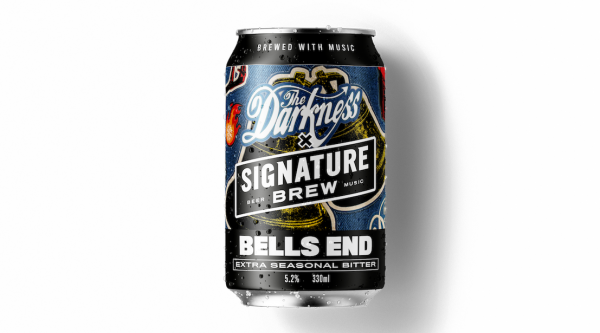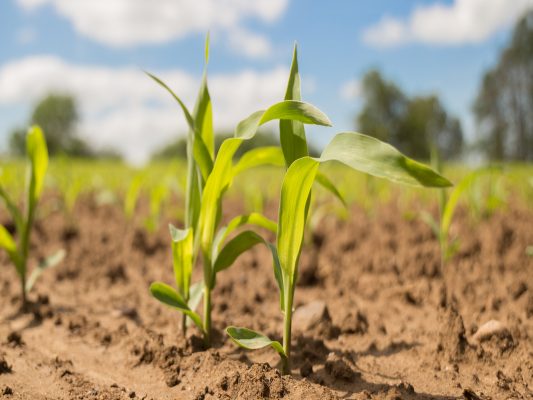How To
How To Become A Professional Wine Taster In The World?
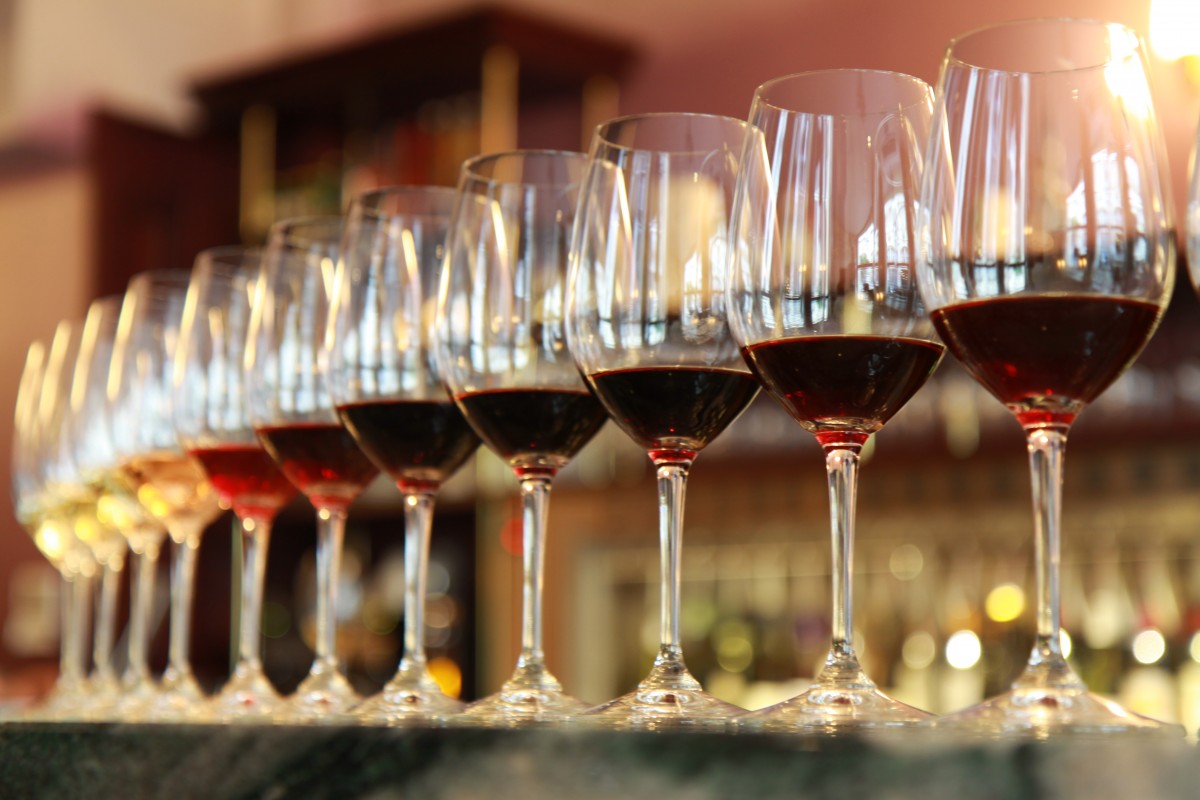 Have you ever wondered what makes a professional sommelier so knowledgeable when it comes to wine? Do you find yourself wishing that you could learn more than just the basics so that you could become a “professional” wine taster?
Have you ever wondered what makes a professional sommelier so knowledgeable when it comes to wine? Do you find yourself wishing that you could learn more than just the basics so that you could become a “professional” wine taster?
The fact of the matter is that just about anyone can become a professional and learn about the different varieties of grapes, flavours, notes, and the aging process. It really just takes time, research, and a lot of taste-testing on your end. If you’re up to the task then you’ll want to check out these powerful tips order to become a professional wine taster:
Start with Your Palate
What many people don’t realize is that wine is actually an acquired taste. What this means is that it takes time for a person to really develop their wine palate, and this can only be done by sampling a large variety of wines from a variety of price points, vintages, whites, reds, rose, etc. It’s through sampling such a large variety that you will begin to notice subtle differences, what appeals and what doesn’t appeal to you.
When you head to the wine store, make sure you venture down those aisles you usually skip. You can pick wines from different regions, different sweetness levels, and from various wineries.
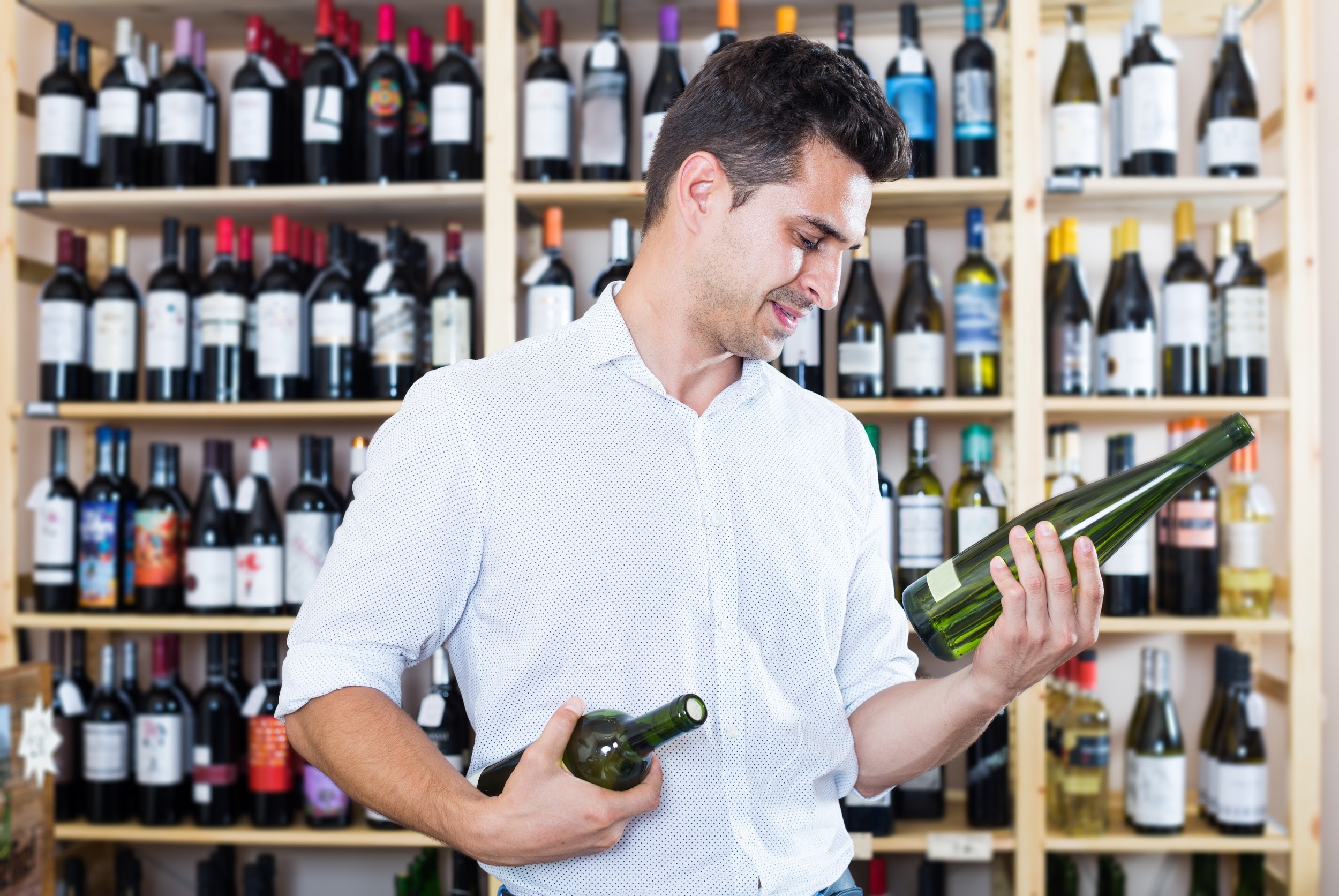 As you go through all these different wines, it’s a good idea to keep a log of what you’re sampling and what your thoughts are on the wine. What is neat is that, as you develop your palate, you’ll be able to go back to those original wines and probably notice more subtleties that weren’t noticeable at first.
As you go through all these different wines, it’s a good idea to keep a log of what you’re sampling and what your thoughts are on the wine. What is neat is that, as you develop your palate, you’ll be able to go back to those original wines and probably notice more subtleties that weren’t noticeable at first.
While developing your palate you will able to more thoroughly describe how the wine tastes. Common words that are used are fruity, nutty, dairy, mineral, wooden, sweet, savory, and spicy.
Do Your Research
One of the best ways to learn about wine is through research. You can pick up a book about wine and winemaking or use the internet. You may even want to grab a few different books so that you cover a wide range of topics.
Ideally, you want to look for books that are aimed at beginners such as yourself. As you become more comfortable with the various aspects of wine and winemaking, then you can pick up more advanced reading material.
One book that is often recommended by experts is The World Atlas of Wine. It’s meant to be an easy read so that you don’t feel overwhelmed and out of your element. It can also act as a reference guide moving forward.
Don’t Get Too Caught Up in the Wine’s Description
Every wine comes with a description and while this can be helpful it can also cause confusion. Sometimes, it’s best to skip the description and allow yourself to form your own opinion and description. Just because you may not agree with the description doesn’t mean you’re “wrong”. It just means you have a different palate.
The Four S’s of Wine Tasting
As you taste the various wines you can use the simple trick of remembering the “Four S’s.” You need to see it, swirl it, smell it, and sip it in that exact order. Using this process allows you to best take in the full flavour of the wine and experience it in the truest sense.
Drink Your Wine at the Right Temperature
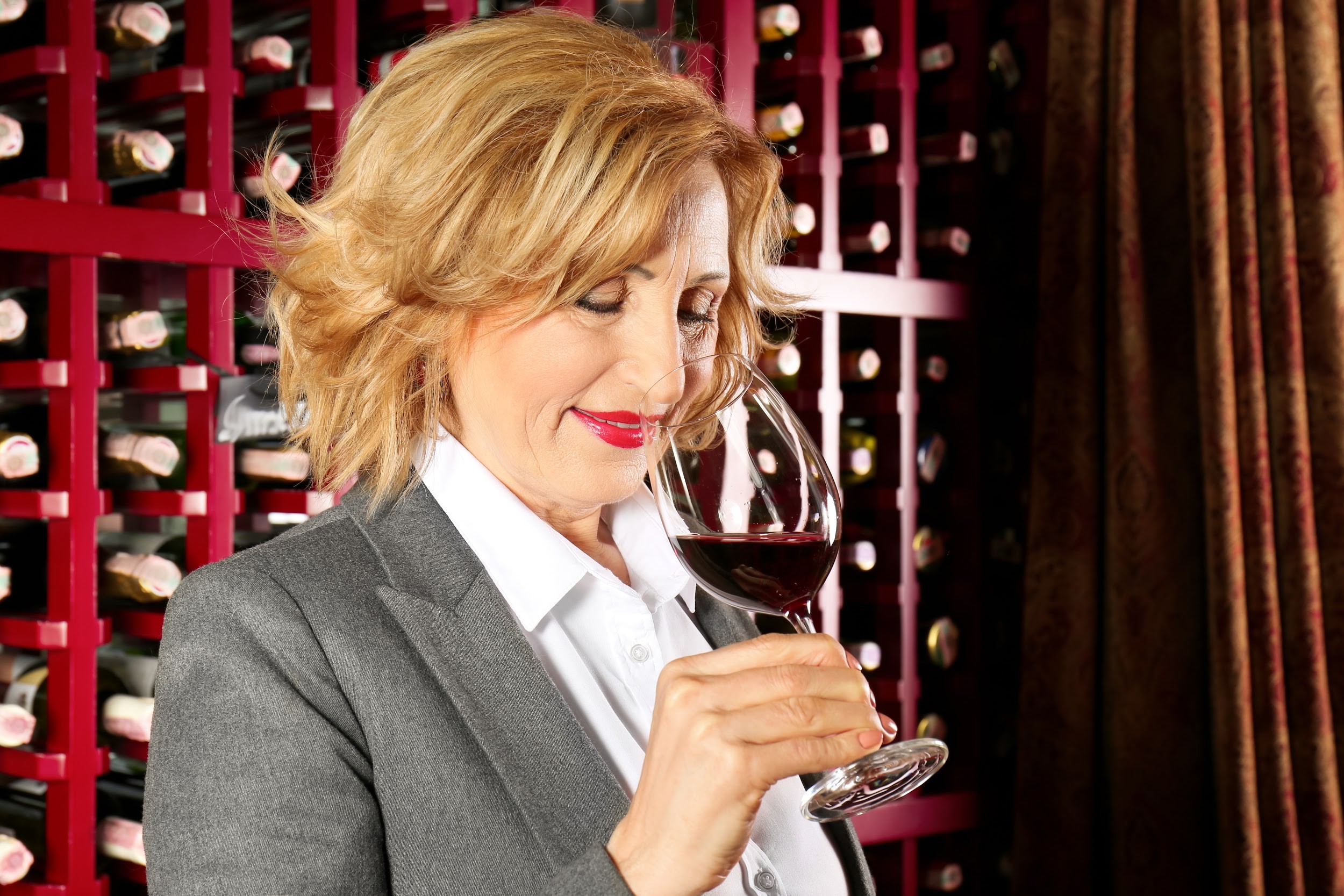 In order for the wine to taste the way it is meant to, you need to be drinking it at the right temperature. White and sparkling wine should be at 40◦F, pink and rose wines should be at 44◦F – 55◦F, while red wine is best at 68◦F – 77◦F. Believe it or not the temperature of the wine will have a huge impact on how it tastes.
In order for the wine to taste the way it is meant to, you need to be drinking it at the right temperature. White and sparkling wine should be at 40◦F, pink and rose wines should be at 44◦F – 55◦F, while red wine is best at 68◦F – 77◦F. Believe it or not the temperature of the wine will have a huge impact on how it tastes.
To take the guesswork out of it, you can always buy a wine cooler or a wine fridge that comes with pre-sets. It will automatically keep the temperature at the right setting based on the preset you choose.
Use the Right Glass
The final step to looking like a true wine professional is to drink your wine in the “right” glass. Standard wine glasses are excellent for red wines and most white wines, except for Chardonnay. If you’re drinking/serving Chardonnay you’ll want to opt for a wider brim. Sparkling wines should be in flute, tulip, or coupe glasses whereas Port is best enjoyed in a large flute.
Learn with Others
In order to get the full experience of becoming a professional wine taster it’s always fun to do so with friends. You can join a class or appreciation club and help to teach each other all about wine and its many wonderful qualities.
For more information visit Block 78 website.

